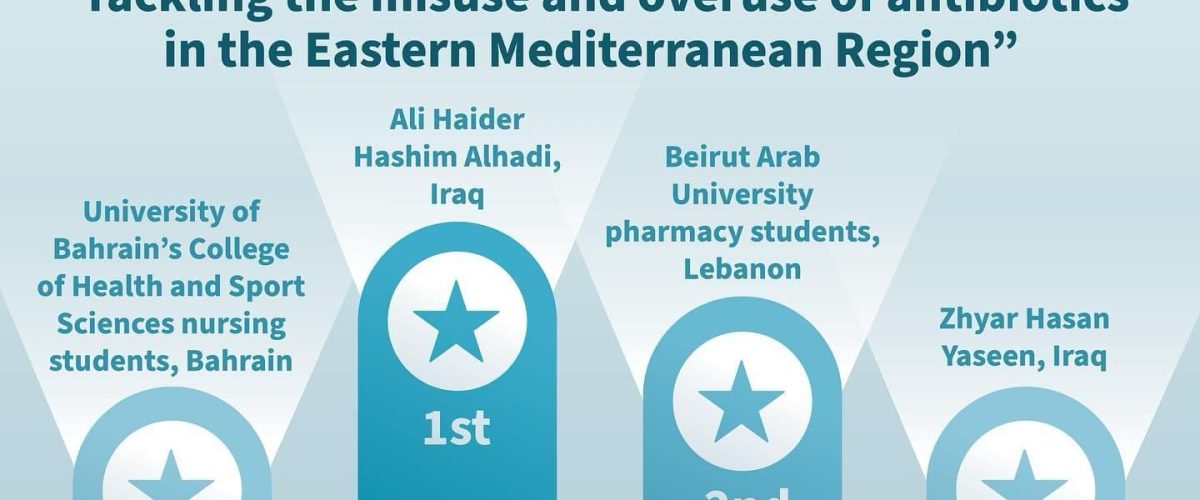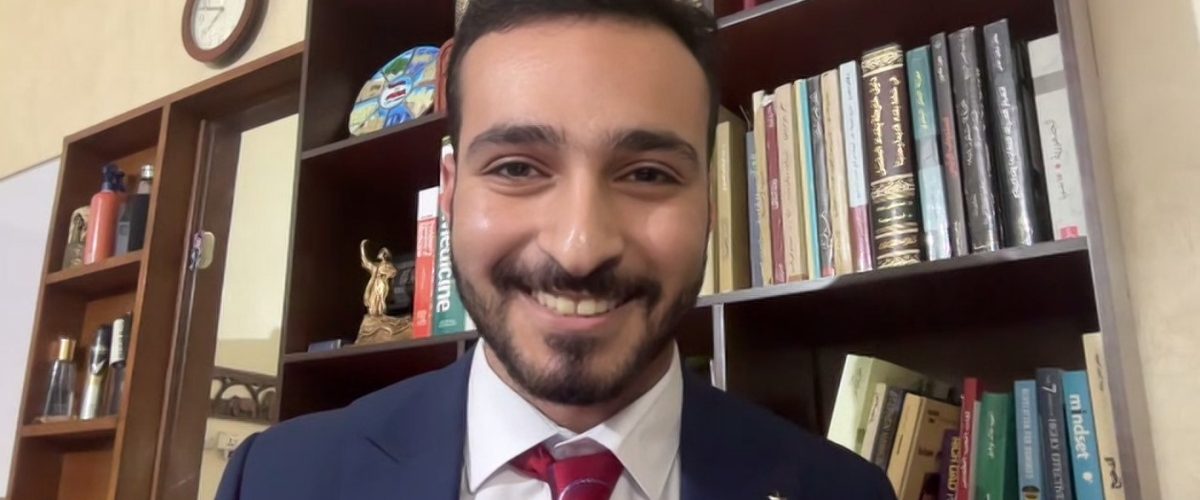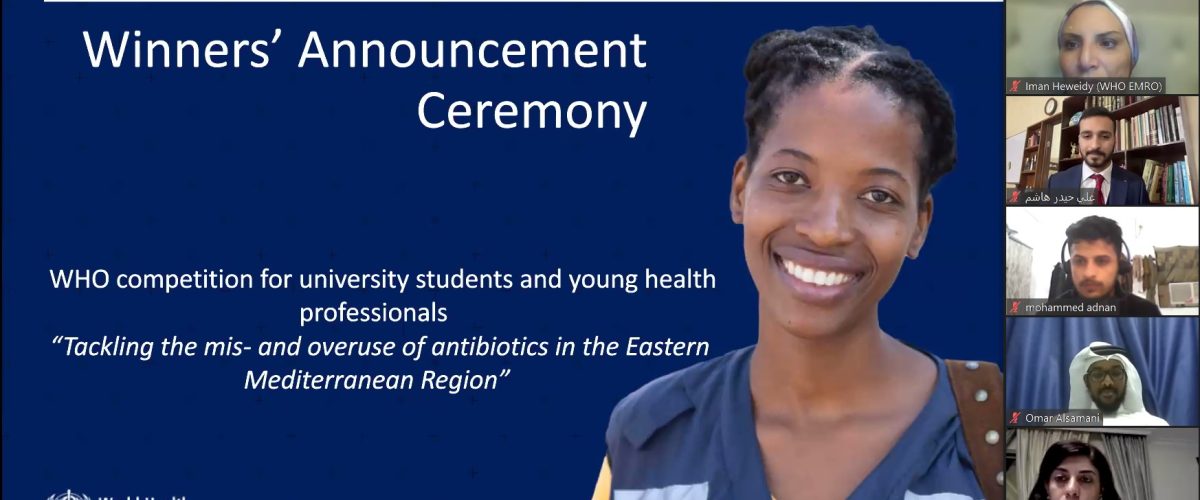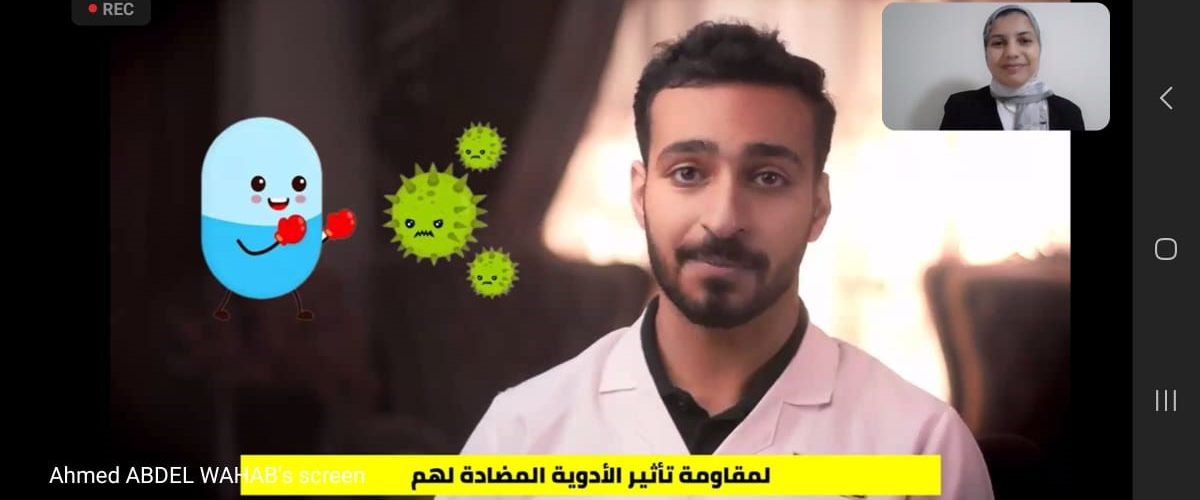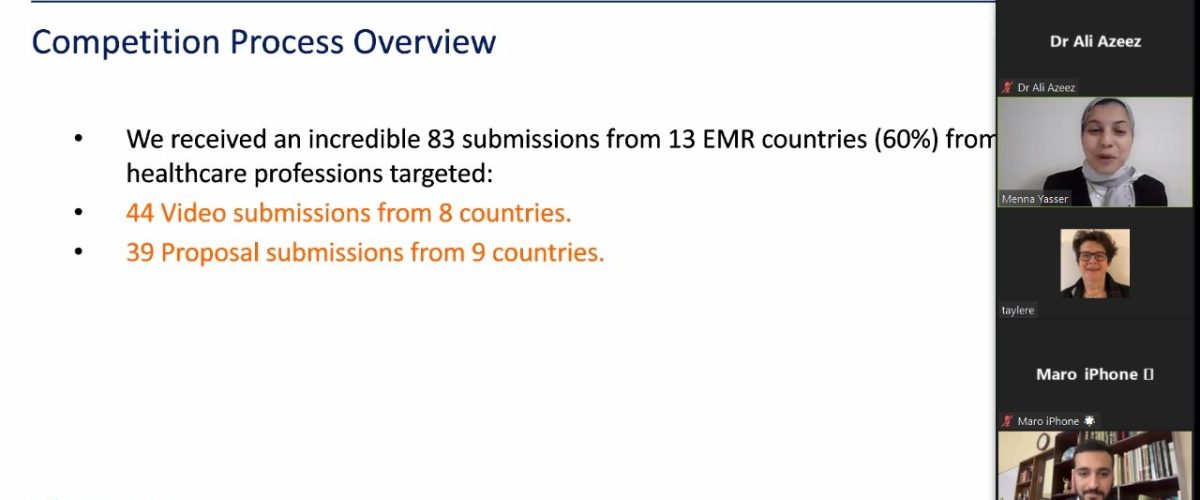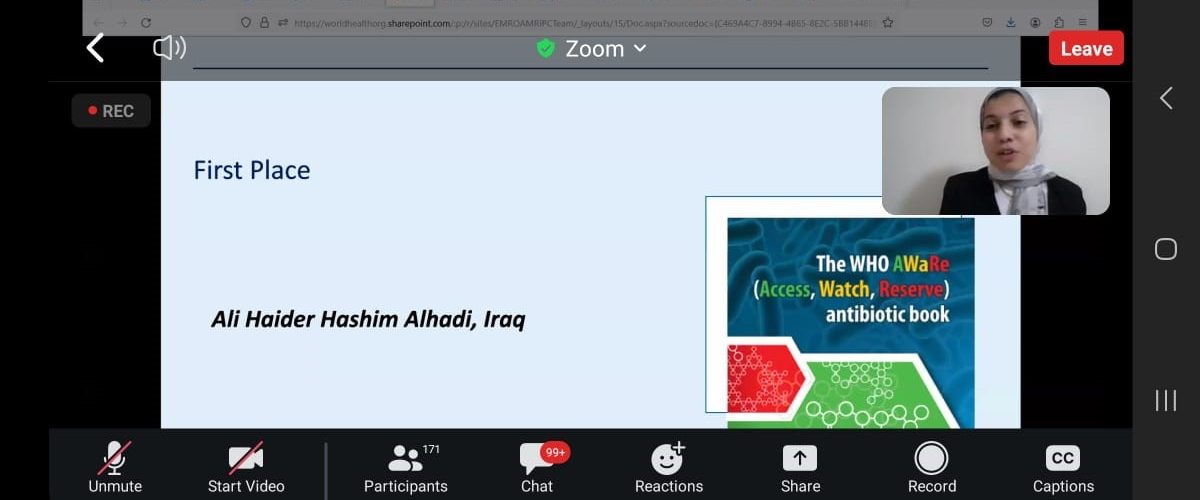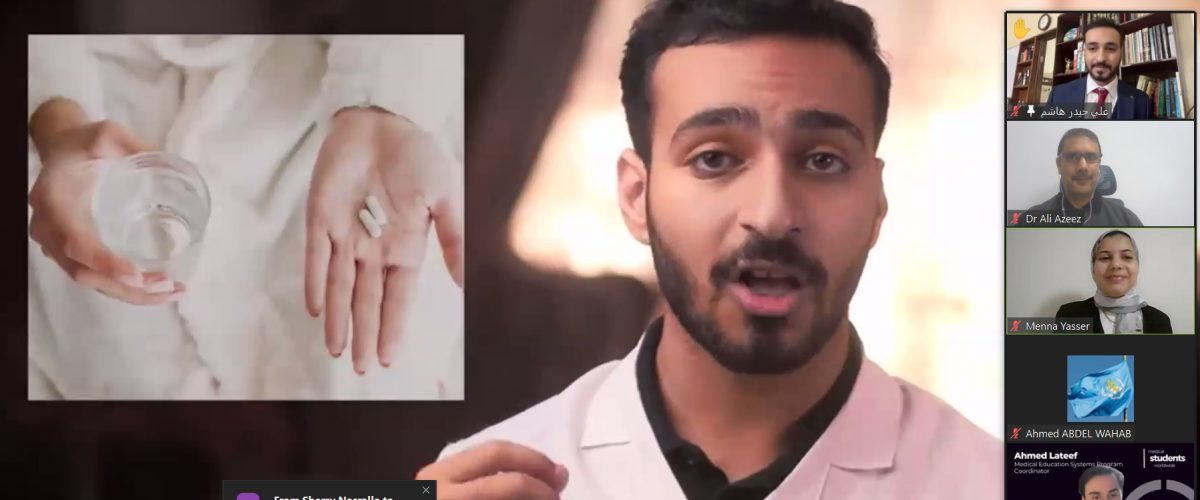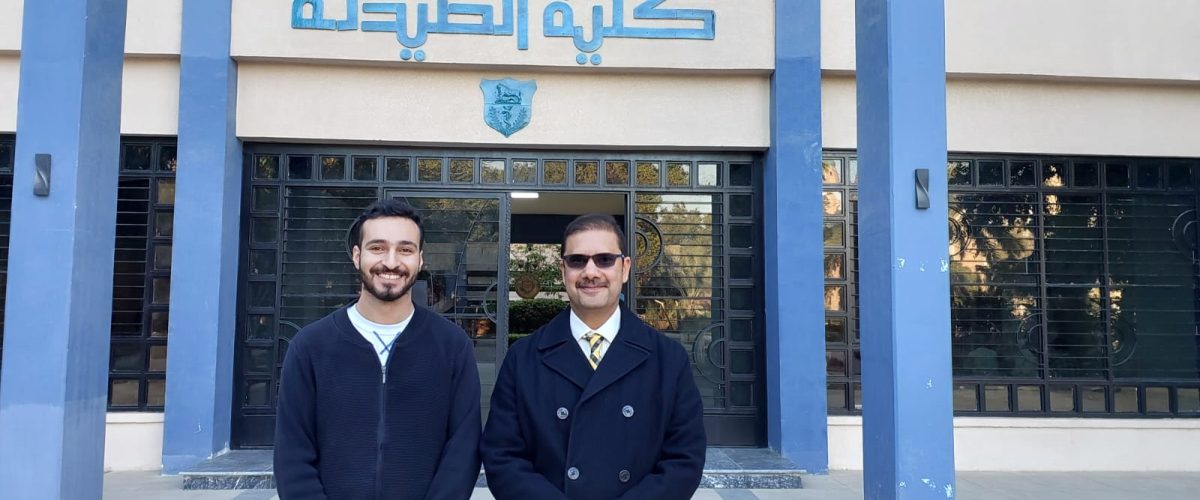Ali Haider Hashem won first place in the competition entitled “WHO Competition for University Students and Young Health Professionals” as the best awareness video creator about the World Health Organization’s AWaRe Antibiotic Book on the optimal use of antibiotics. Two groups of our students participated in the WHO/EMRO/AMR unit competition for university students and young health professionals, “Tacking the Misuse and Overuse of Antibiotics in the Middle East. The winning student prepared a short video, and the other team, Tuqa Mozher, Baqer Khalaf, and Jannah Faisal, developed a campaign proposal to roll out the antibiotic book. The students’ participation was supervised by Associate Professor Dr. Ali A. Al-Jumaili, a faculty member in the Clinical Pharmacy Department. The WHO AWaRe Antibiotic Book is a new guide for health workers to advise on the choice of antibiotic, dose, route of administration, and duration of treatment. The number of participating videos was 44 from 8 countries. The application for the competition was in October 2023, and the announcement of the winners was on January 15, 2024. The second and third places went to students from Lebanese and other universities. The video of student Ali Haidar was described as the most comprehensive and easy to reach for the recipients. The selection process included several rounds of evaluation by a number of international experts at the World Health Organization. The video takes two and a half minutes in English with Arabic subtitles and aims to educate medical professionals about the optimal use of the new World Health Organization’s book (WHO), AWaRe. The Aware book divides antibiotics into three types. Access, which includes antibiotics prescribed for simple bacterial infections, while the second level Watch is dispensed for bacterial infections that are more resistant than the first level, while the third and last level is Reserve and is prescribed only for bacterial infections resistant to the first and second levels. Note that the second and third levels should not be prescribed without a bacterial culture of a sample of the patient’s blood to know the type of bacteria and an antibiotic that works against it successfully. This participation comes within the mission of the college in preparing a generation of pharmacists who are scientifically and practically prepared to serve the community and the college’s relentless endeavor to create partnerships with international health organizations in order to achieve the desired goals of the academic program of the college and the pharmacy profession.



